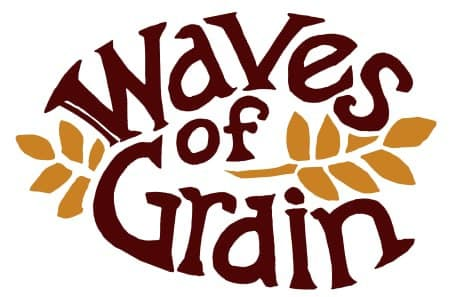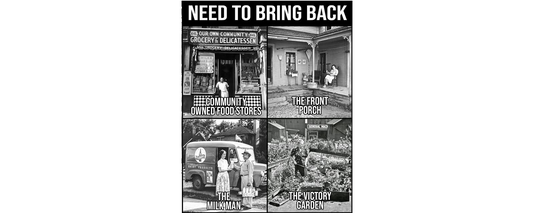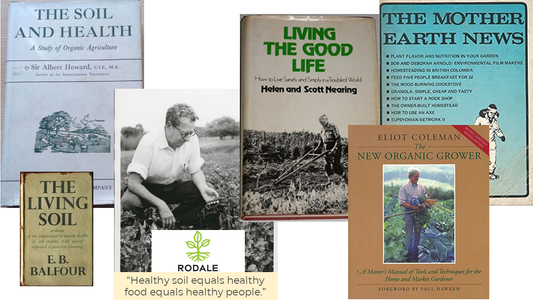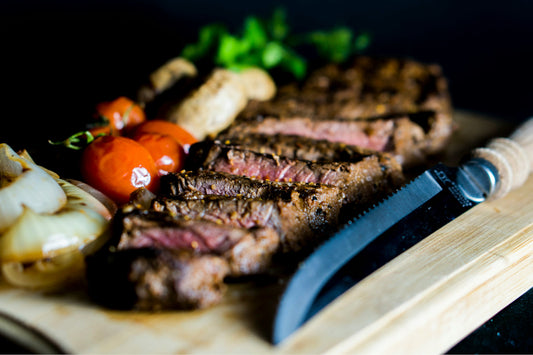Hello, this is Ben, a co-founder of Waves of Grain and most of the time the main operator of the business. I grew up on an organic farm, so it was disappointing to me, in a very personal way, to be contacted repeatedly by the USDA in recent weeks and threatened with fines until we removed all instances of the word "organic" on our website and our Facebook page. Do we even have a Facebook page? Apparently we do. I had to find it and get logged in and figure out how to delete stuff.
Back in the 1970s, organic meant that we did not use manufactured fertilizers or pesticides. Today, organic is a controlled word. You are are not allowed to use it, even as a descriptive word, unless you can show a current certification document, on request. Certification is both expensive and time consuming.
But it's not just farms. From farm to consumer, each organization that handles your food must be certified. Most of our farms were once certified organic producers, but dropped the certification in the last decade after industrial-scale farms with questionable practices were allowed to be certified.
Waves of Grain has never been certified as an organic food handler. That make us subject to fines if we use the word on our website to describe what we do or what we sell. Even images with the word "organic" in then had to be removed.
Organic agriculture, as a modern practice, was initially based on observations made in India by an Englishman, Sir Albert Howard. He saw how soil was developed using what we now call "compost". His book, The Soil and Health, A Study of Organic Agriculture, changed the world.
J.I. Rodale was the first proponent of organic agriculture in the US, Upon establishing a farm in Pennsylvania not far from where my mother was growing up at the time, Rodale was discouraged when the County agricultural extension agents told him how he should use synthetic nitrogen as fertilizer, poison for weeds, and poison for insects.
He said, ‘What magic, what alchemy takes place in the soil that turns poison into healthy food, because I'm going to eat this stuff?’” Instead, he took inspiration from Howard's work, and its practical application in England by by E.B. Balfour, who had written about her experiences applying Howard's observations, in a book called The Living Soil.
Via books and newsletters published by Rodale Press, the organic movement spread rapidly, gaining momentum with Helen and Scott Hearing's book "Living the Good Life" and then even more with Eliot Coleman's book The New Organic Grower.
Growing up in Maine, I had met both the Nearings and Eliot Coleman, as well as Mort Mather, founder of Maine Organic Farmers and Gardeners Association (and The Common Ground Fair). I remember standing with Scott Nearing, then in his 90s, at his compost pile, chatting. Organic is in my bones, but no longer on the Waves of Grain Shopping Cart.




